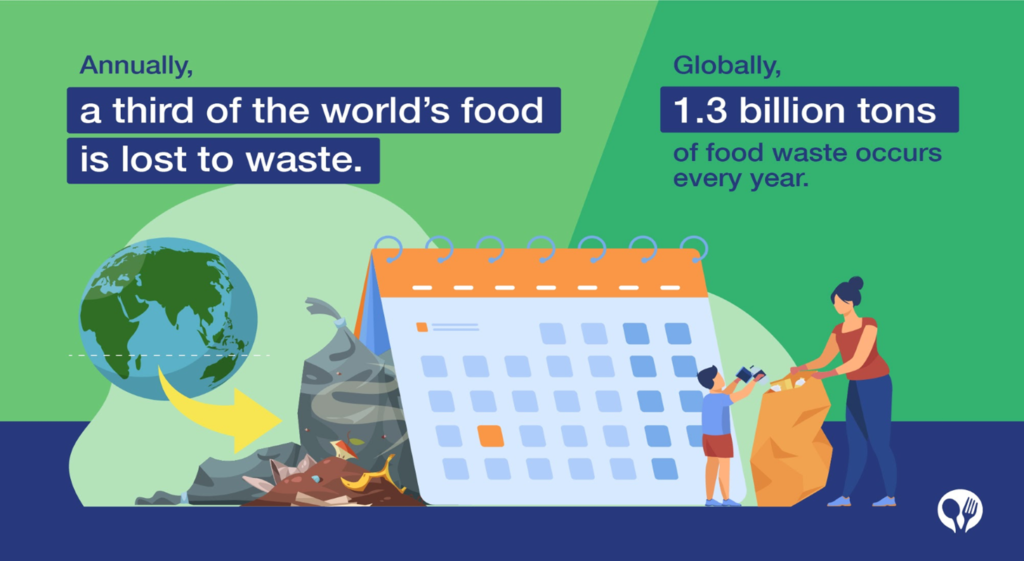The clock starts ticking as soon as the leftover box hits the fridge. The smell of some great food just waiting until it can be opened, warmed, and devoured again can be challenging — great food is meant to be eaten. The question is: Who has the right to this amazing meal once it’s placed in the fridge for good keeping?
Depending on the family, the question of how long an item can remain claimed is subject to whether any rules have been placed by the family itself. But for those families where there is no rule, something needs to be done to protect the rights of the purchaser of the item.
THE THREE-DAY RULE
The three-day rule is widely considered to be the maximum number of days that a meal placed for future consumption can be considered safe. According to The US Department of Agriculture (USDA), it’s recommended to eat cooked leftovers within three to four days of refrigeration. After that, the risk of food poisoning increases.
So, it only seems fitting that three days is the maximum number of days an item can be claimed. After the third day, the item is up for grabs by whoever gets to it first. So, whether it’s a piece of steak or a slice of cheesecake, the owner has relinquished their right to it if it’s not eaten after the third day.
HOME RULES
Before the three-day rule can be enforced, it first must be put into place so that the entire house understands the rules of engagement when it comes to leftover food. The war between those who covet the chance to eat amazingly bought food and those who bought the food comes down to agreeing that the leftover food can be eaten.
There’s nothing like letting food sit in a fridge, where it gets pushed to the back and left for the mold gods to destroy it. That’s a waste of a good meal, and no one wants that.
COLLEGE RULES
Trying to control who eats what in a dorm is considered the easiest to control because college students typically have their own fridge. But for the common snacks that sit out, it’s a little more unclear on who can eat what.
When students are in class, it’s hard to tell how many chocolate chip cookies have been eaten and stolen to avoid leaving the room for the cafeteria.
“I had a roommate who had type 1 diabetes. I could tell he was having a sugar attack because all the sweets I bought were, at some point, ripped open and some were gone,” Charlie from Columbus said. “I didn’t have the heart to tell him to go buy his own food so that when his sugar was low, he would leave my food alone.”

It might be helpful to put any snacks that are high value in a place where they can’t be eaten. This way, the roommate who’s eating the food can’t find it. This will keep any discussion about food down to a minimum.
WORK RULES FOR EATING FOOD
It should be noted that this rule applies to the office as well. For co-workers, the problem of “Who’s food is this in the fridge,” conversation is one that is sure to come up.
This is probably the place where food crimes are committed the most. When there’s an office party and food is left over, who’s able to eat it. What about when a snack is brought in to be shared, but there’s that one co-worker who eats more than everyone else? Do you say something?
The office fridge also has the most occurrences of food that goes for days and weeks while never being touched. The classic email is sent out that reads, “The fridge is going to be cleaned of all food; please claim your leftovers.”
This means that the three-day rule wasn’t put into place and used to control the losses of countless items that were up for grabs.
So, make sure that no matter where you are, that you work to establish the rules of engagement for the food in the fridge. It’s a crime today to let good food go to waste. It’s an even bigger crime to have someone eat the food you’ve been thinking about all day but didn’t get a chance to eat!


